#TP-Link Deco Mesh
Explore tagged Tumblr posts
Text
TP-Link Deco Mesh Setup: Upgrade Your WiFi With AXE5400
How often have you experienced the frustration of a slow or spotty WiFi connection at the most inconvenient times? If this sounds familiar, it might be time to consider upgrading your home network with the TP-Link Deco Mesh system, specifically, the AXE5400 model. This cutting-edge technology promises to enhance your wireless experience, making buffering and drop-outs a thing of the past. But how…
0 notes
Text
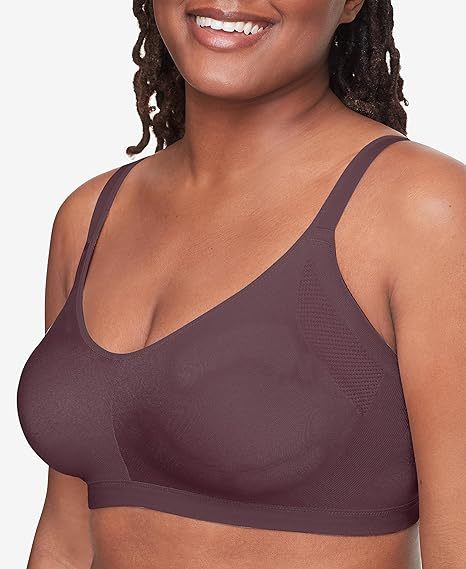










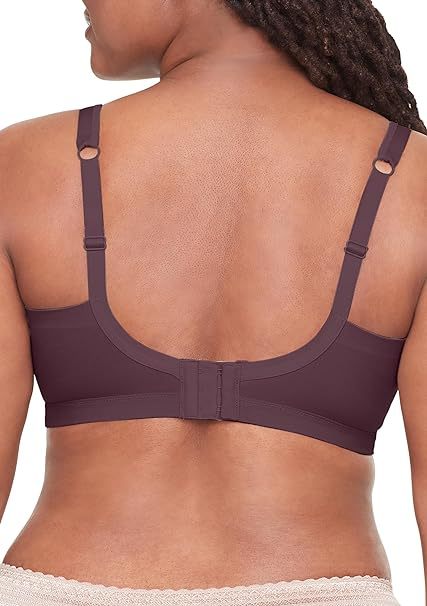
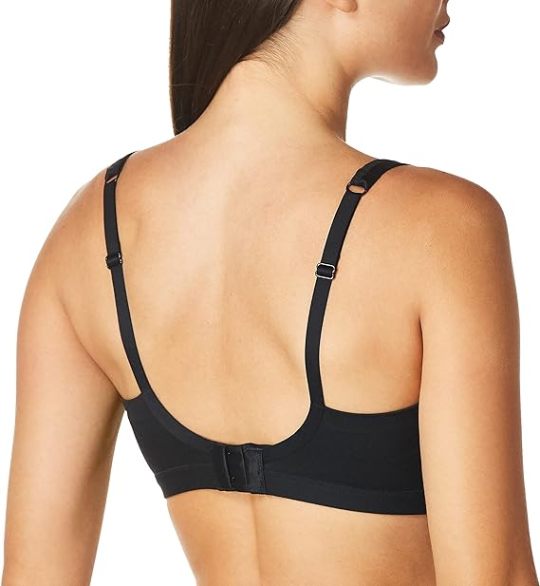
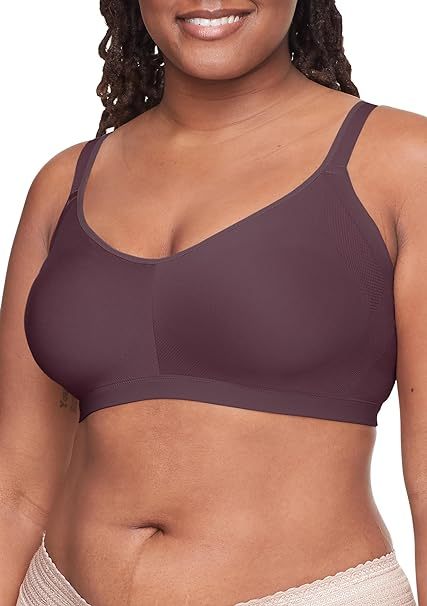




#seamless stretch wireless lightly lined comfo#eamless stretch wireless lightly lined comfort bra#cuddl duds intimates softwear with stretch wirefree bra on qvc#wireless mesh#seamless#best wireless mesh#wireless mesh router#best wireless router#home wireless networking#tp-link deco wireless mesh#wireless router vs mesh wifi#breezies infinite stretch brief set of 4 on qvc#anybody loungewear stretch lace bralette#breezies infinite stretch wirefree comfort bra on qvc
1 note
·
View note
Text
WCIF Sunni's Box DLs?

Ok all, this list is HUGE. However, I've spent over a week piling through every single item Sunni has listed in the Plumbob Keep, and unfortunately, all of her box download links no longer work. I tried contacting her (as well as others) at the Keep, with no response (I'm not even sure if many of them are active anymore). NOTE: These are all Medieval items. So, without further ado.... (brace yourselves)....here's the list of what I'm looking for:
Tunic Clothing Rack
Changing Room Dressing Screen
Medieval Signs
Gara's Boutique Clothing Rack Updated (w/mesh - Gara's no longer available)
Market Stall
Cocomama's Fabric Bolt Slaved/Recolored
Carpenter's Tool Set
Painted Shutters and Doors
Deco Hanging & Laying Dress (DecoDress.rar is the file name)
Medieval Shoe Clutter
Medieval Mannequins
Maylin's Athelyna Recolors (Pt. 1 & 2)
Traveler's Tents
Maylin's Table & Stool Recolors
Merola's Pile of Clothes Dresser v 2.0
Foundation/Stage Height Cushion
Shelf Table
Buggybooz Niche Set Recolor
125 Recolors of BB's Niches + Matching Walls/Floors/Ceilings
Ed's Medieval Stone Hearth Fixed/Recolors
Eva's Cauldron Stove w/mesh
Kitchen Hearths
SDA Fireplaces Recolors w/meshes
Torchiers
Tarox Oil Lamp w/mesh
Kaptiv Deco Lights Made Funcitonal
Blacksmith's Forge
Corner Fireplaces
Hearth's Chimneys
Dyers Set
Farmer's Market
Cuocobaura's Awning Slaved and Recolored
Kaptive Tent/Awning Recolors + Mesh
Antique Carpets
TP Shop Sign Fix
Upright Column Rustic Recolors
UK1967 Medieval Column Recolors
Justa Medieval Door
Rustic Recolors of Bay Window
Rustic Recolors of Club Door & Arch
Invisible Stairs Recolor
This Old House wall set
Noble Interiors Set
Library Paneling
Peasant Interiors
Farmer Hut
Please accept my most humble apologies for the extent of this list. I simply have no place else to turn to for help in finding these items. I'm on a new computer system, as my other system got completely destroyed before I could grab any files from it (this also means I lost over 10 years of personal family photos that I'm also still trying to get back). Thanks TONS for any help you can give me. <3
UPDATE EDIT: I was not aware that Sunni had passed away awhile back. Earlypleasant's response to this post was the first I had heard of it, and I think what upsets me more is the fact that I mentioned trying to contact Sunni to several people at the Keep...and no one said anything to me. =( I feel just horrible about not knowing, and hope that Sunni's passing was as peaceful as it could possibly have been. May she rest well eternally. <3
That being said, because of this, I'm going to devote an entire section on my TS2 Designs site just for her downloads. I'm going to have a dedicated folder just for her, on my SFS page, open for anyone who wants to download her items. So please, if you have ANYTHING made by Sunni, send it my way, so I can put it up on the SFS area. I will include any screen shots I can on the TS2 Designs page for her. Thank you so much!! <3
#carriests2designsworld#ts2#carriests2designs#ts2 simblr#ts2 download#ts2cc#sims 2 download#SunniDLs
9 notes
·
View notes
Text
TP-Link Deco AX3000 WiFi 6 Mesh System
TP-Link Deco AX3000 WiFi 6 Mesh System Tired of WiFi dead zones and buffering nightmares? Meet the TP-Link Deco AX3000 WiFi 6 Mesh System, your whole-home solution for seamless, high-speed internet in every corner. Whether you’re working from home, streaming 4K movies, or battling it out in online games, TP-Link Deco AX3000 WiFi 6 Mesh System keeps everyone connected without the lag. No more “Can…
0 notes
Text
Get $ 120 from our favorite Wi-Fi system with this Amazon Spring Sale Sale
If you want to increase Wi-Fi coating in your home without spending too much Amazon Spring Sale You covered. A TP-Link Deco Mesh Wi-Fi System amounts to $ 120 as part of the Big Spring sale. Despite the fact that it is not a record, it is close to it, and this is a lot, given how expensive Wi-Fi grid systems can be. Deco XE75 Pro is supplied with three knots (or satellites), offering a coating of…
0 notes
Text
Get $ 120 from our favorite Wi-Fi system with this Amazon Spring Sale Sale
If you want to increase Wi-Fi coating in your home without spending too much Amazon Spring Sale You covered. A TP-Link Deco Mesh Wi-Fi System amounts to $ 120 as part of the Big Spring sale. Despite the fact that it is not a record, it is close to it, and this is a lot, given how expensive Wi-Fi grid systems can be. Deco XE75 Pro is supplied with three knots (or satellites), offering a coating of…
0 notes
Text
BỘ PHÁT WIFI 7 TP-LINK DECO BE25 (3-PACK) – CÔNG NGHỆ MESH AI, KẾT NỐI SIÊU TỐC
Bạn đang tìm kiếm một bộ phát WiFi mạnh mẽ, ổn định để đáp ứng nhu cầu mạng gia đình hoặc doanh nghiệp? TP-Link Deco BE25 (3-pack) với WiFi 7 tốc độ lên đến 4324 Mbps, công nghệ Mesh AI-Driven, bảo mật WPA3 sẽ giúp bạn trải nghiệm mạng nhanh, ổn định, không lo giật lag.
https://tinhocthanhkhang.vn/bo-phat-wifi-mesh-tp-links-deco-be25-3-pack

1 note
·
View note
Link
Prezzo: (as of - Details) Dal marchio Router e Hotspot 5G / 4G+ / 4G Router 4G+ / 4G Sistemi Mesh Deco 5G / 4G+ Hotspot da viaggio Connessione a banda-larga ultraveloce - Supporta tecnologia 5G Sub-6 GHz che aumenta la velocità di download fino a 3.4Gbps.Connessioni ultra-reattive - Il 5G offre connessioni altamente reattive con una latenza di solo 1 msWi-Fi 6 AX3000 - 2402 Mbps (5 GHz) + 574 Mbps (2.4 GHz)Connessione cablata multi-gigabit - 1× Porta 2.5 Gbps + 2× Porte GigabitSIM Card Plug & Play - Crea una rete mesh in modo semplice e veloce con una SIM Card 5GConnettività flessibile - Crea la tua rete Wi-Fi partendo da connettività 4G, 5G o linea fissaSetup semplificato - Configura e gestisci facilmente la tua rete con l'app TP-Link DecoTecnologia Mesh - Connessioni Wi-Fi senza interruzioni in ogni stanzaTP-Link HomeShield - Proteggi la rete e i dispositivi connessi, sfrutta funzionalità come il Parental Control e real-time loT security I clienti diconoI clienti sono soddisfatti dell'affidabilità del router, descrivendolo come un buon modem. Apprezzano la facilità d'installazione e il software per la gestione. Inoltre, lo considerano di qualità superiore al prezzo pagato.
0 notes
Video
youtube
TP-Link DECO M5 com REDE MESH: Unboxing e Testes!
0 notes
Text
Deco XE75 AXE5400 Tri-Band Mesh Wi-Fi 6E System
Whole Home WiFi 6E
True Tri-Band Speed
AI-Driven Mesh
TP-Link HomeShield
Setup Made Easier Than Ever
Universal Compatibility
For more information, Visit:https://newtrend.ae/product-category/tplink/ Live chat: +971 507542792
#WiFi6E#MeshWiFi#DecoXE75#SmartHomeTech#TPLink#HomeNetworking#AIWiFi#TechUpgrade#SeamlessWiFi#FutureOfWiFi#HomeShield#TriBandWiFi#EasySetup#UniversalCompatibility#NewTrendAE
0 notes
Text
Forget Google Nest - the TP-Link Deco XE75 Pro is my new favorite mesh Wi-Fi system
The TP-Link Deco XE75 Pro is a tri-band Wi-Fi 6E mesh system that delivers high-speed, low-latency wireless coverage across large homes or even medium-sized offices. Continue reading Forget Google Nest – the TP-Link Deco XE75 Pro is my new favorite mesh Wi-Fi system
0 notes
Video
youtube
TP-Link Deco WiFi 6 Mesh System(Deco X20) Replaces Wireless Routers and ...
0 notes
Text
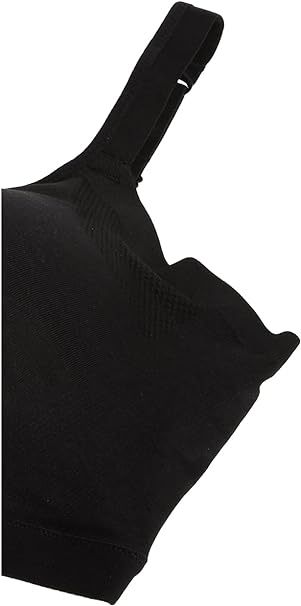
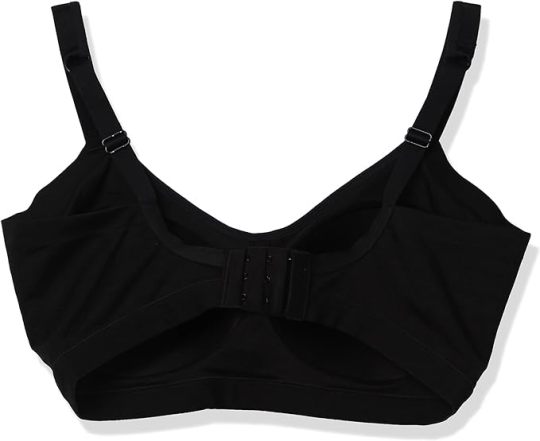






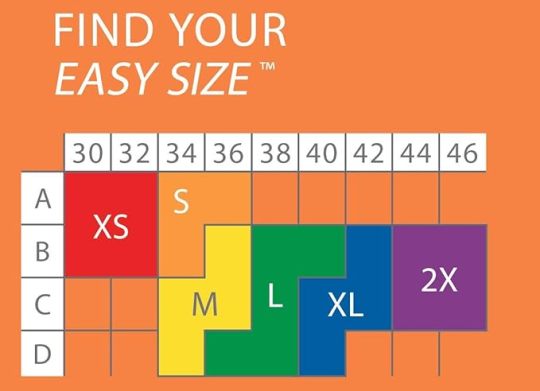










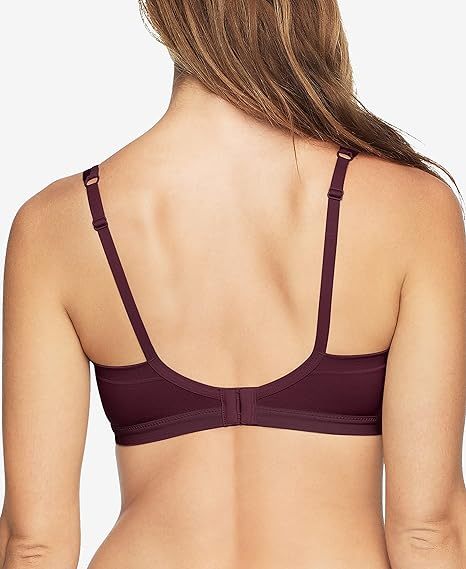
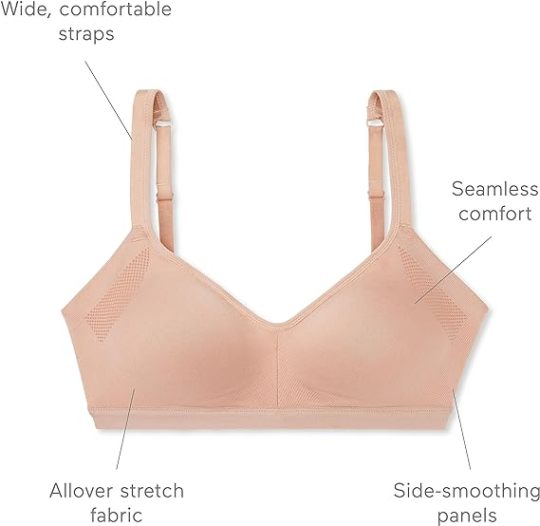









#seamless stretch wireless lightly lined comfo#eamless stretch wireless lightly lined comfort bra#cuddl duds intimates softwear with stretch wirefree bra on qvc#wireless mesh#seamless#best wireless mesh#wireless mesh router#best wireless router#home wireless networking#tp-link deco wireless mesh#wireless router vs mesh wifi#breezies infinite stretch brief set of 4 on qvc#anybody loungewear stretch lace bralette#breezies infinite stretch wirefree comfort bra on qvc
1 note
·
View note
Text
TP-Link Deco AX3000 WiFi 6 Mesh System
TP-Link Deco AX3000 WiFi 6 Mesh System Tired of WiFi dead zones and buffering nightmares? Meet the TP-Link Deco AX3000 WiFi 6 Mesh System, your whole-home solution for seamless, high-speed internet in every corner. Whether you’re working from home, streaming 4K movies, or battling it out in online games, TP-Link Deco AX3000 WiFi 6 Mesh System keeps everyone connected without the lag. No more “Can…
0 notes
Photo
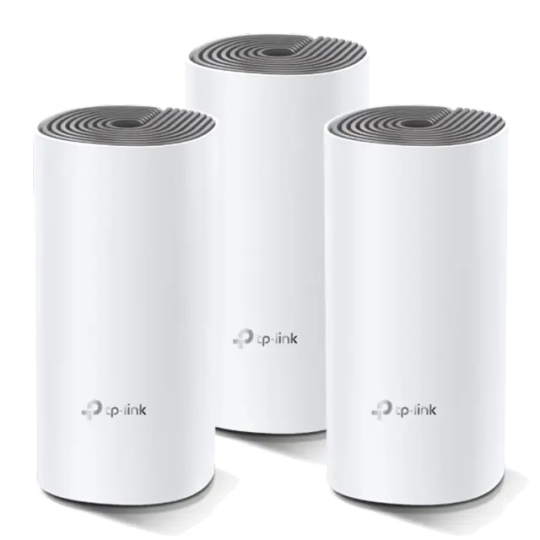
TP-Link Deco E4 AC1200 Home Mesh Wi-Fi System - 3 Pack FEATURES: Deco uses a system of units to achieve seamless whole-home Wi-Fi coverage — eliminate weak signal areas once and for all! With advanced Deco Mesh Technology, units work together to form a unified network with a single network name. Devices automatically switch between Decos as you move through your home for the fastest possible speeds. A Deco E4 two-pack delivers Wi-Fi to an area of up to 2,800 square feet (EU version). And if that’s not enough, simply add more Decos to the network anytime to increase coverage. Deco E4 provides fast and stable connections with speeds of up to 1167 Mbps and works with major internet service provider (ISP) and modem. Deco can handle traffic from even the busiest of networks, providing lag-free connections for up to 100 devices. Parental Controls limits online time and block inappropriate websites according to unique profiles created for each family member. Setup is easier than ever with the Deco app there to walk you through every step. For Deco E4(3-Pack) 's Info, Please check here. WIRELESS Standards Wi-Fi 5 IEEE 802.11ac/n/a 5 GHz IEEE 802.11n/b/g 2.4 GHz WiFi Speeds AC1200 5 GHz: 867 Mbps (802.11ac) 2.4 GHz: 300 Mbps (802.11n) WiFi Range 3-4 Bedroom Houses (3-pack) TP-Link Mesh Technology Optional Ethernet backhaul work together to link Deco units to provide seamless coverage 2× Antennas (Internal) Multiple antennas form a signal-boosting array to cover more directions and large areas Beamforming Concentrates wireless signal strength towards clients to expand WiFi range WiFi Capacity Medium Dual-Band Distribute devices to different bands for optimal performance MU-MIMO Simultaneously communicates with multiple MU-MIMO clients Working Modes Router Mode Access Point Mode HARDWARE Ethernet Ports 2× 10/100 Mbps Ports *Per Deco Unit Supports WAN/LAN auto-sensing Buttons Reset Button SECURITY WiFi Encryption WPA-Personal WPA2-Personal Network Security SPI Firewall Access Control Guest Network 1× 5 GHz Guest Network 1× 2.4 GHz Guest Network SOFTWARE Protocols IPv4 IPv6 Parental Controls URL Filtering Time Controls WAN Types Dynamic IP Static IP PPPoE PPTP L2TP Quality of Service QoS by Device Cloud Service OTA Firmware Upgrade TP-Link ID DDNS NAT Forwarding Port Forwarding UPnP IPTV IGMP Proxy IGMP Snooping Bridge Tag VLAN DHCP Address Reservation DHCP Client List Server DDNS TP-Link Management Deco App TEST DATA WiFi Transmission Power CE:
#RANGE_EXTENDER#ROUTER#COMPUTERS#NETWORKING#AC1200#DECO_M3W#HOME_WIFI#MESH_WIFI#NET_TL_DECO_E4_3PK#TP_LINK
0 notes
Text
TP-Link Deco BE25 Dual Band BE5000 Whole Home Mesh WiFi 7 System Launched in India | Check Price, Specs
0 notes